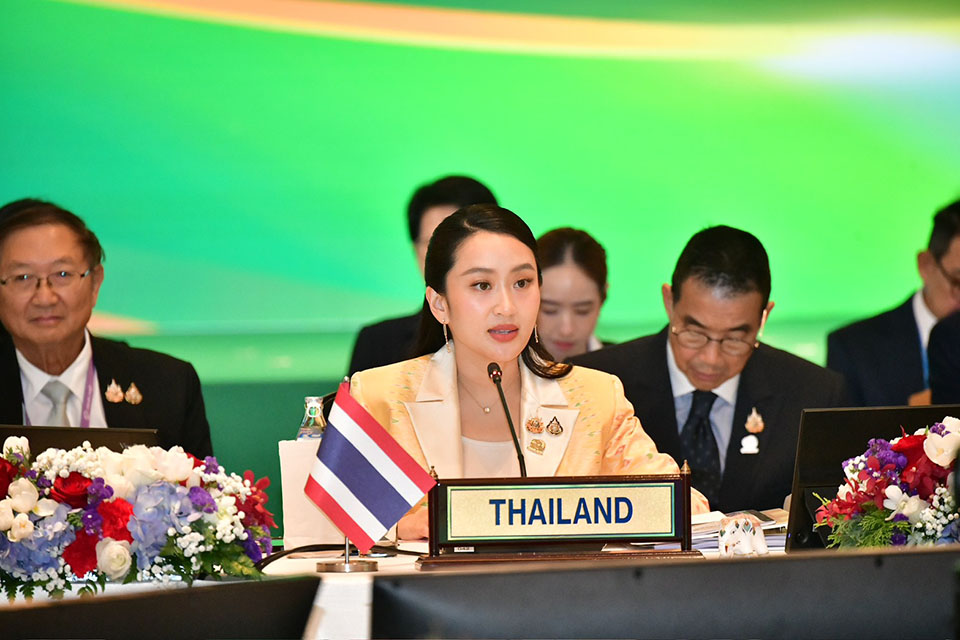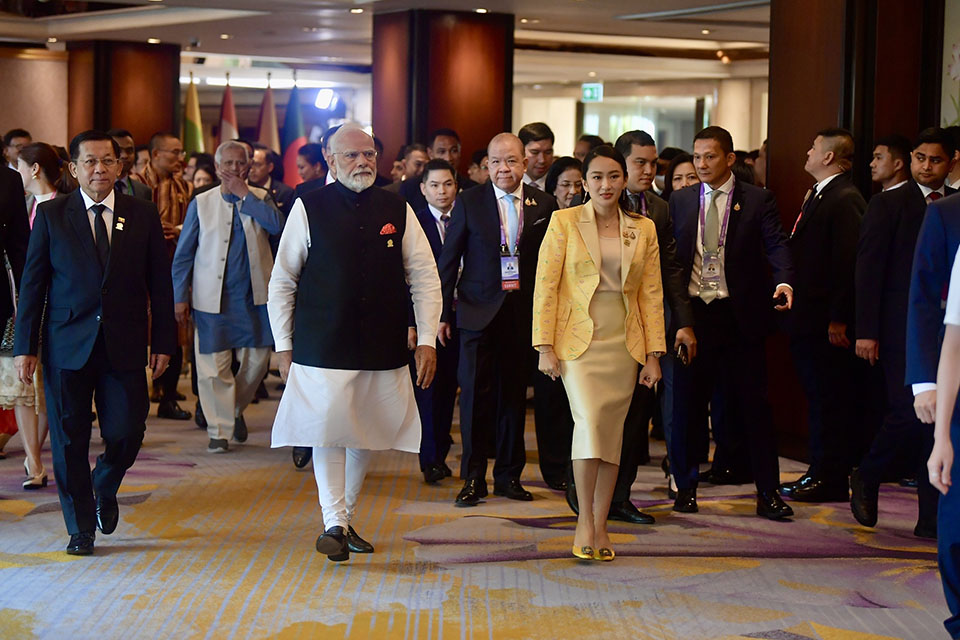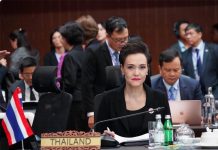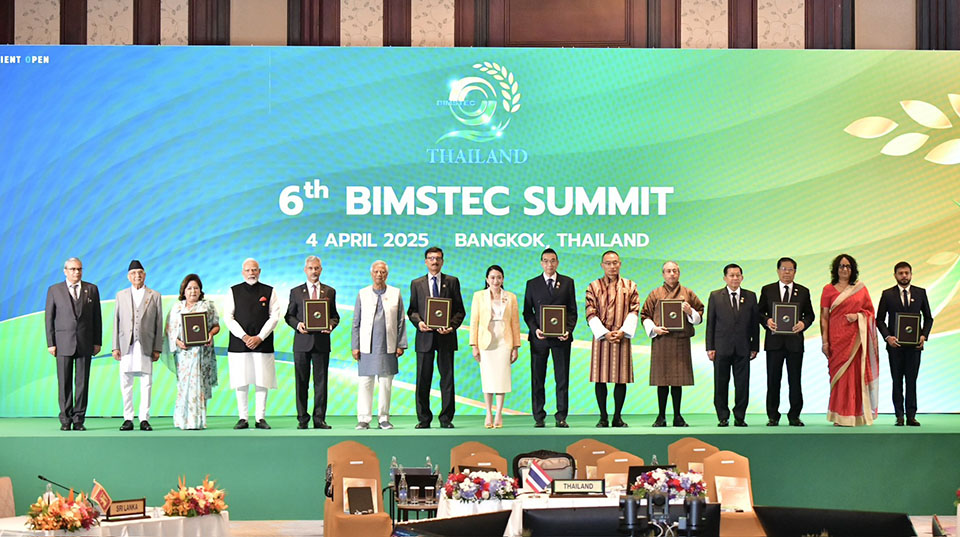
BANGKOK, Thailand – The 6th BIMSTEC Summit in Bangkok has successfully concluded, reaffirming the commitment of member nations to strengthen regional connectivity, improve disaster response, and foster deeper collaboration to create a more resilient community.
The event, chaired by Thai Prime Minister Paetongtarn Shinawatra, saw the participation of BIMSTEC leaders. Prime Minister Paetongtarn underscored Thailand’s theme for its chairmanship, “Prosperous, Resilient, and Open” or PRO BIMSTEC, emphasizing the importance of enhancing regional cooperation in the face of global challenges. She highlighted the critical need for collective action, particularly in disaster preparedness and response, drawing from recent earthquake experiences in Myanmar and Thailand.
The summit culminated in the adoption of six key outcomes. Among the most significant was the BIMSTEC Bangkok Vision 2030, a strategic roadmap outlining goals for economic integration, enhanced connectivity, and human security by 2030.
The summit’s declaration reiterated member states’ commitment to these shared objectives. In addition, a new set of Rules of Procedure was approved to streamline and improve the effectiveness of BIMSTEC operations. The Report from the BIMSTEC Eminent Persons’ Group, which includes recommendations aligned with the Vision 2030, was also endorsed.
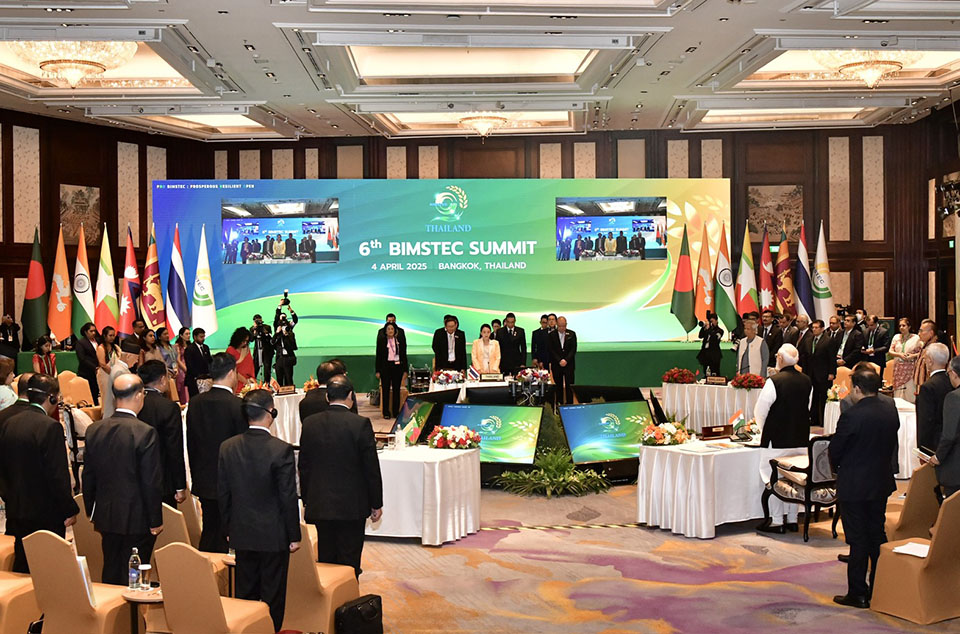
A major development was the signing of the Agreement on Maritime Transport Cooperation, which aims to bolster maritime connectivity between South and Southeast Asia, thereby reducing trade costs. Furthermore, the summit endorsed a Joint Statement on the recent earthquakes affecting Myanmar and Thailand, reaffirming solidarity and a commitment to strengthening regional disaster response systems.
Prime Minister Paetongtarn highlighted the direct benefits of BIMSTEC to Thailand, noting that the maritime agreement would lower logistics costs, enhance supply chains, and increase the competitiveness of Thai exports. She also emphasized that increased people-to-people exchanges through tourism and cultural cooperation would boost Thailand’s tourism sector, create new job opportunities, and ultimately improve the livelihoods of Thai citizens.
In her closing remarks, Prime Minister Paetongtarn congratulated all BIMSTEC member states on the successful summit and expressed confidence that Bangladesh’s upcoming chairmanship would build on this momentum and advance the region’s collective goals.
Before the summit, Thailand hosted the official visits of Indian Prime Minister Narendra Modi and Nepalese Prime Minister K. P. Sharma Oli. Modi’s visit marked the elevation of Thailand-India relations to a Strategic Partnership, with agreements signed to expand cooperation in political, defense, trade, and cultural sectors, including the development of a Buddhist Circuit. Meanwhile, Prime Minister Oli’s visit was historic as it was the first visit by a Nepalese prime minister to Thailand. (NNT)
